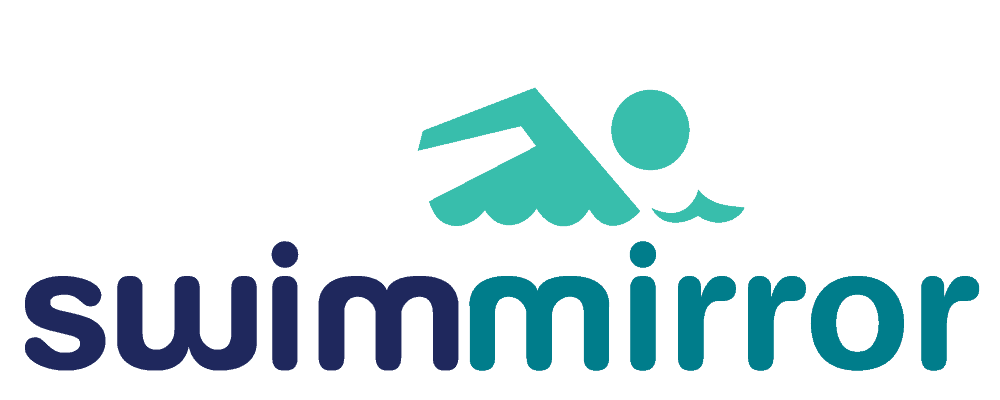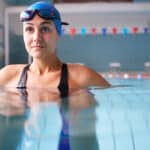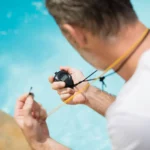CALORIE INTAKE GUIDE FOR PROFESSIONAL SWIMMING
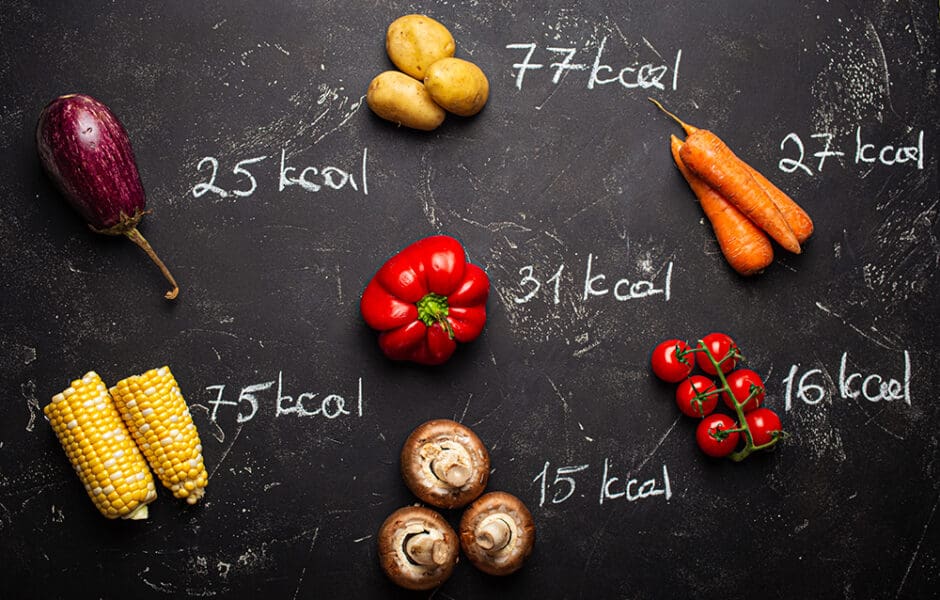
As a professional swimmer, your body is constantly under surveillance to perform at its best. Your coach watches your energy level throughout training sessions to see when your body will shut down. You regularly push yourself to the max to see record-breaking results that sometimes take months. How do you fast forward this extensive athletic regimen to maximize your full potential?
When you work hard on your physical activity and well-balanced diet, you will begin to reach maximum effort.
According to the USDA, “typical men eat between 2,000 and 2,500 calories per day, with a recommendation for women at 1,800 to 2,300. Since swimmers are active and have better muscle tone than most others, the baseline calorie need will be on the high end of or above this scale.”
As a swimmer, you should never be scared of “overeating.” Sure, the timing in which you eat is essential. You wouldn’t want to down an entire pizza before a swim meet. Even though you can achieve this, scheduling your overindulgent meals is critical to maintaining a healthy diet.
Being aware of your daily calorie intake will help you store the extra energy that is needed to win medals.
Eating something as light as an apple will give your body the nutrition to perform properly.
All About What you Eat, Not How Hard You Train
Fueling your body with nutrients is the only way to see results. As a professional swimmer, you burn up to 2,400 calories a day. Noticing your calorie intake pre- and post-workout will keep you conscious of what is needed to keep your body well-balanced throughout the day.
Pre Workout
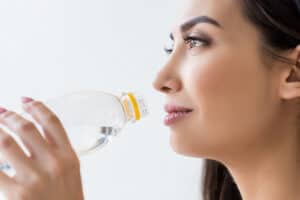
Eating something as light as an apple or a yogurt will give your body the nutrition to perform properly, not just for professional swimmers, but for anyone. Eating these quick snacks before practice will provide your body with the necessary head start to your day.
Post Workout
Let’s get to the fun part! CARBS. Recovering after a sweat session means refueling all of those lost nutrients. And what better way to do that than with that box of pizza we were talking about before, right?
Wrong!
You have to consider that your body is the only thing that will hold you back during competitions. Brue Baker, health and fitness expert, says, “eating large meals or too much in one sitting will leave the swimmer feeling lethargic and will inhibit your performance.” Once you get really hungry remember that eating that entire plate of food will take you a lot longer to burn off. During training your focus should be on practicing endurance, rather than losing those extra pounds from the night before.
Some better carb alternatives, according to SwimmingWorld Magazine, “are rice, cereal, pasta, potatoes, beans, peas, and lentils.” Carbohydrates make up the majority of a swimmer’s diet. Make sure to incorporate protein, healthy fats, vegetables, fruits, whole grains, vitamins, and minerals into your diet.
RE- hydrate RE- cover

Keeping your body in shape is only half the battle. Endurance and strength come from maintaining a well-balanced diet. Just as your coach may keep a journal for some of the best exercises to help you perfect your physical ability, keep one yourself for your body’s calorie intake. Prioritize your body and all the nutrients it needs to get you through those intense workouts.
